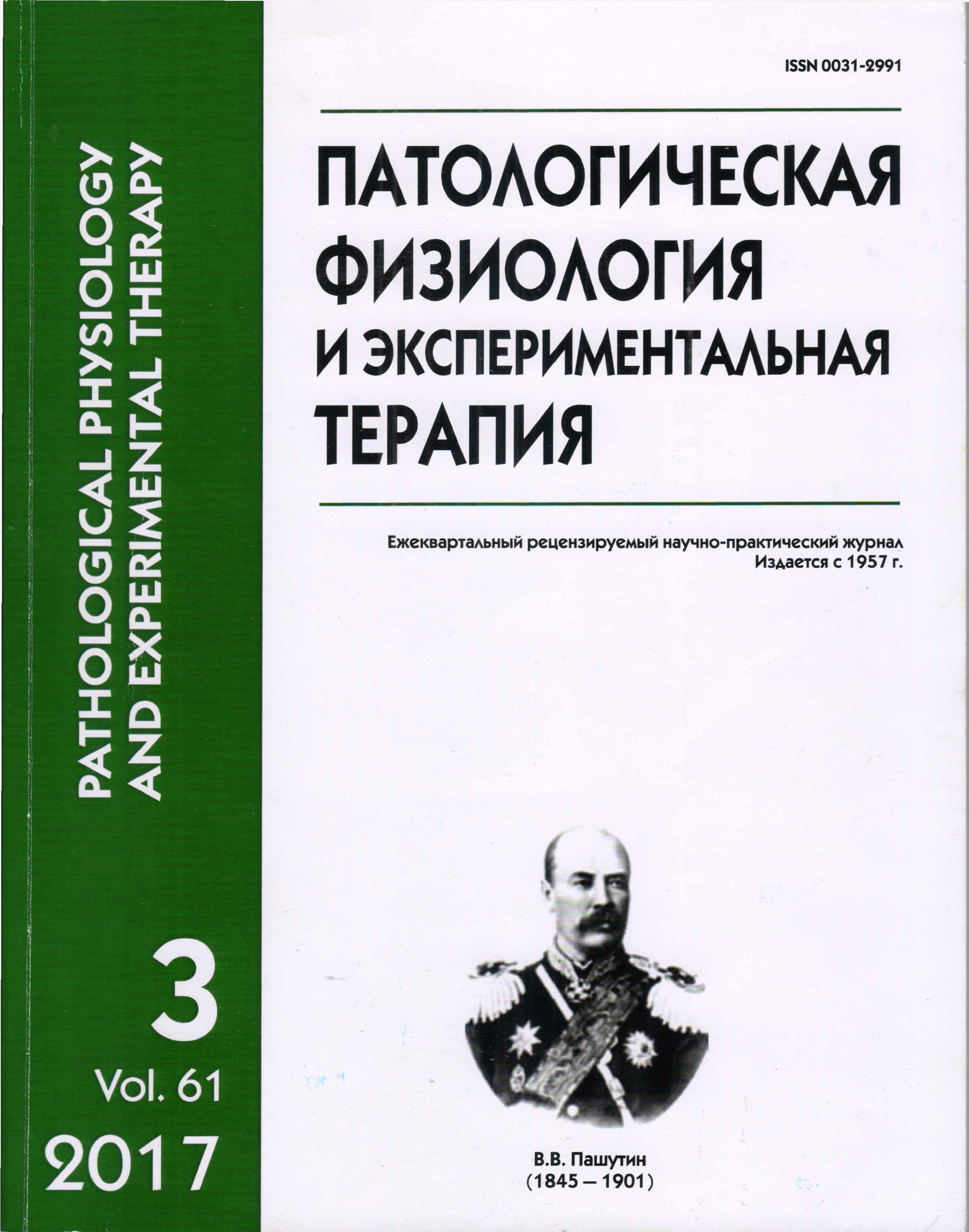Omega-3 polyunsaturated fatty acids when administered to lactating rats modulate the behavior in rat pups exposed to neonatal stress induced by repeated saline administration
Keywords:
omega-3 polyunsaturated fatty acids, stress, repeated saline administration, rats
Abstract
Omega-3 polyunsaturated fatty acids (PUFAs) may exert antidepressant, anxiolytic and anti-stress effects, but the data are contradictory. Recently, using the model of experimental anxiety-depressive disorder caused by the neonatal action of an inhibitor of dipeptidyl peptidase IV diprotin A, we have shown that omega-3 PUFAs along with an antidepressant effect also increase anxiety in the rat pups in the experimental group and disrupt emotional behavior in control animals subjected to repeated administration of saline. The purpose of this work was to study the effects of omega-3 PUFAs when administered to the lactating Wistar rats, on the emotional and motivational behavior of the rat pups exposed to the procedure of the repeated saline administration on second - third weeks of postnatal development and intact rats in the dynamics of growing up. Methods. Omega-3 PUFAs were administered to lactating rats at a dose 0.3 g / kg, per os, for 28 days. Saline was administered intraperitoneally on postnatal days 5—18. We assessed emotional and motivational behavior using conventional methods. Results. Omega-3 PUFAs prevented the appearance of the symptoms of depressive-like behavior and exerted a psycho stimulative effect on the animals that underwent stress in the early neonatal period. Omega-3 PUFAs also normalized stress-related impairment of social non-aggressive interaction in adolescent and adult rats but promoted increased aggression in adult intact rats. Regardless of whether the stress, omega-3 PUFAs exhibited both anxiolytic and anxiogenic effects for different anxiety indicators in adolescent rats, whereas in adult animals only anxiogenic effect was detected. In adult stressed and intact rats, omega-3 PUFAs caused a decrease in exploratory activity. Conclusion. Omega-3 PUFAs when administered to the lactating females, exert both positive and negative effects on the emotional and motivational behavior of the offspring, which underwent stress by repeated saline administration in the neonatal period. Omega-3 PUFAs action differs in adolescent and adult rats. The inhibitory effect on psychomotor activity and anxiogenic effects of omega-3 PUFAs appear in both stressed and intact rats that should be taken into account when developing approaches to the treatment of psycho-neurological disorders using omega-3 PUFAs.Downloads
Download data is not yet available.
Published
07-06-2017
How to Cite
Krupina N. A., Khlebnikova N. N. Omega-3 polyunsaturated fatty acids when administered to lactating rats modulate the behavior in rat pups exposed to neonatal stress induced by repeated saline administration // Patologicheskaya Fiziologiya i Eksperimental’naya Terapiya (Pathological physiology and experimental therapy). 2017. VOL. 61. № 3. PP. 17–30.
Issue
Section
Original research






